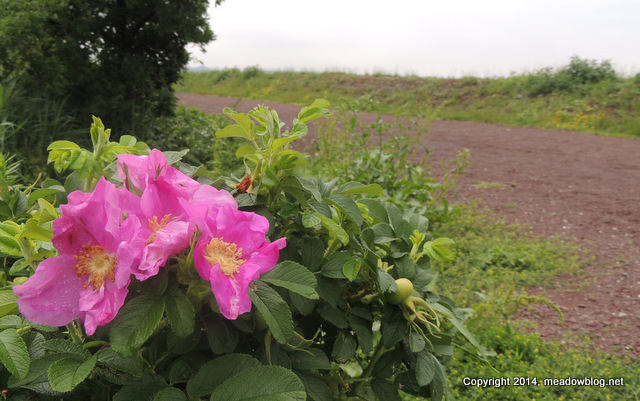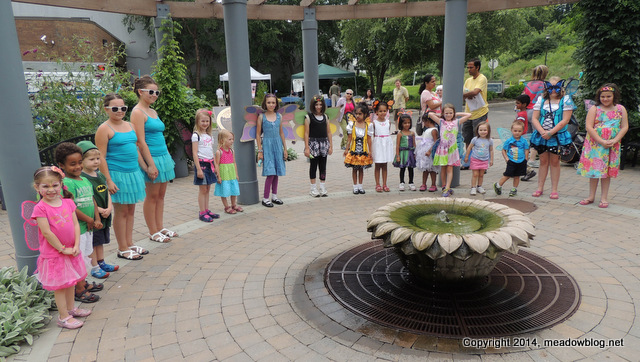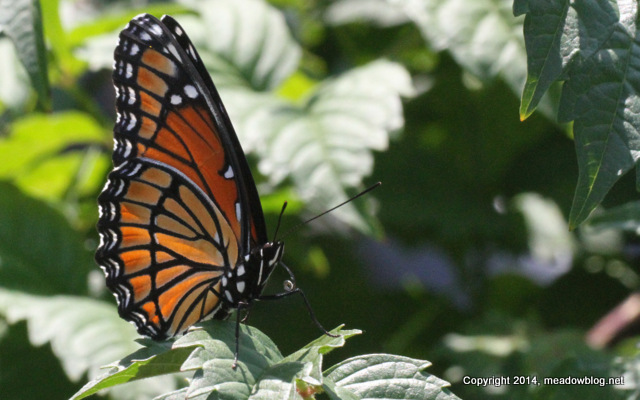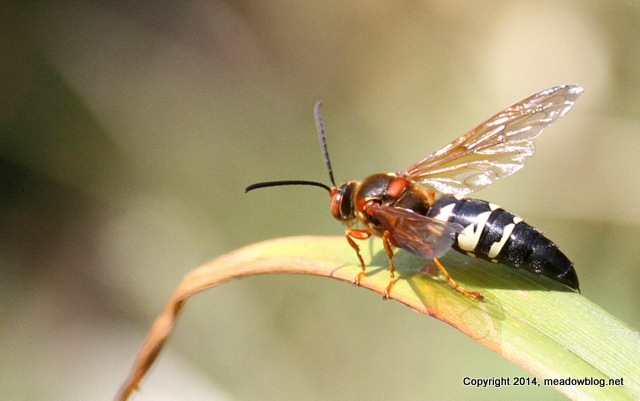
Zabulon Skipper
Here’s a list of butterflies we saw on Sunday, in order of the sighting.
Roy Woodford shared his butterfly photos, above and below. (Thanks, Roy!)
- Peck’s Skipper
- Painted Lady
- Clouded Sulphur


Zabulon Skipper
Here’s a list of butterflies we saw on Sunday, in order of the sighting.
Roy Woodford shared his butterfly photos, above and below. (Thanks, Roy!)
 Our next free walk with Bergen County Audubon Society is Sunday (Aug. 3) at 10 a.m. in DeKorte Park. maybe that American White Pelican will be here — it has been seen for 22 days in a row, including this morning.
Our next free walk with Bergen County Audubon Society is Sunday (Aug. 3) at 10 a.m. in DeKorte Park. maybe that American White Pelican will be here — it has been seen for 22 days in a row, including this morning.
We are also jam-packed with egrets and herons and terns. Did we mention butterflies?
Full listing follows. Continue reading

Our fifth annual Butterfly Day was a big success — with more than 700 participants, 19 species of butterflies and two species of diurnal moths.
The costume contest was a big hit once again.
A link to the story on the event in today’s editions of The Record is here.
A link to The Record’s online photo gallery of the event is here.
We’ll post more pix and a full list of butterflies as time allows. (A big thank you to everyone who participated in this wonderful event!)

Viceroy (a Monarch mimic) photographed Friday afternoon by Jill’s Garden in DeKorte Park. Check out that curled proboscis.
Here’s the full schedule for Butterfly Day, this Sunday at DeKorte Park from 10 a.m. to 3 p.m.
Throughout the Day — Inside and Outside the Meadowlands Environment Center (MEC)
Information tables on Gardening for Butterflies, Butterfly Identification and more, with plenty of free Butterfly Guides, and coloring-book activities for kids. — Bergen County Audubon Society
Throughout the Day — Outside the Meadowlands Environment Center
Guided Butterfly Walks
Look for butterflies and diurnal moths. — Led by NABA-North Jersey Chapter
Introduction to DeKorte Park Butterflies
10:10 a.m., 12:10 p.m., 2:10 p.m.
Talk and slide show by Jim Wright of the NJMC,
10-15 minutes. Held in the MEC Auditorium.
Book talk: “Meadowlands: A Wetlands Survival Story”
11:10 a.m., Talk and slide show by author Thomas F. Yezerski,
15-20 minutes. Held in the MEC Auditorium.
Book talk: “The Nature of the Meadowlands”
1:10 p.m. Talk and slide show by the author, the NJMC’s Jim Wright,
15-20 minutes. Held in the MEC Auditorium.
Butterfly-friendly Plants Walk — 11:30 a.m.
Leaves from the front of the MEC, approximately 25 minutes.
— Led by Botanist Edith Wallace of the BCAS.
Butterfly Costume Contest — 1:00 p.m.
For children 12 and under.
Prizes for 1st, 2nd and 3rd Places. Held at Jill’s Garden
Throughout the Day —Outside the Meadowlands Environment Center
Face-painting for kids by Myra Tang, Folk music by Steve Kelman
Throughout the Day —Outside the Meadowlands Environment Center
Scavenger Hunt
Great prizes, for kids of all ages. In or near Jill’s Garden. Get a list of items in the MEC.
Raffle — 4 Grand Prizes! Drawings at 11:00 a.m., noon, 1:00 p.m., 2:00 p.m.
Pontoon Boat Tours for Two (11 a.m., noon, 2 p.m.), Framed Butterfly photograph (1 p.m.)
Enjoy a guided pontoon boat cruise along the Hackensack River and its marshes with staff from the NJMC. You do not have to be present to win.

Monarch Butterfly, by Regina Geoghan.
Regina Geoghan, a friend of this blog, has a dandy column on wildnewjersey.tv, about the importance of butterflies. Here’s a sample:
“They are much more than just a pretty face put on this earth to bring us joy when we see them in flight.
“More than 100 crops are dependent upon pollination to produce the food that we eat and it is estimated that 80 percent of them are pollinated by insects.
“While bees are the most efficient and productive pollinators, butterflies are also at the top of the list in terms of their contribution to the health of our environment and our food supply.”
The link is here. (Thanks, Regina!)

Cicada Killers are big, awesome wasps that you just have to admire– unless, of course, you happen to be a Cicada. These wasps are harmless to humans, so no worries.
The wasp above was photographed on our lunch hour, just past the Transco Trail in the Lyndhurst Nature Reserve.
The Cicada Killer stings a Cicada and paralyzes it, brings it to a burrow she has dug, and lays an egg on it. After the egg hatches, the larva feeds off the Cicada. Good times.
More on Cicada Killers here.